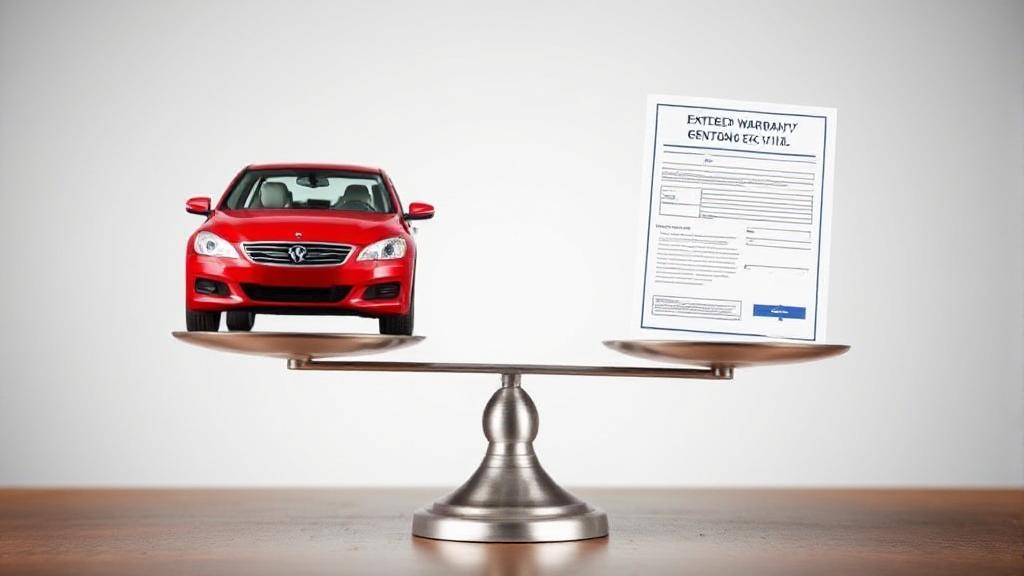What is an Extended Warranty?
An extended warranty, also known as a vehicle service contract, is a plan you can purchase to cover certain repairs and services after the manufacturer's warranty expires. These warranties can vary significantly in terms of coverage, duration, and cost.
The Advantages
Financial Protection and Peace of Mind
Extended warranties provide valuable protection against unexpected repair costs, which is especially important for:
- Those who rely heavily on their vehicle for work
- People with limited emergency savings
- Drivers covering longer distances regularly
Predictable Costs and Flexibility
Rather than facing unexpected repair bills, warranty holders can budget their automotive expenses more effectively. Many warranties offer:
- Flexible coverage options
- Convenient monthly payment plans
- Choice between basic and comprehensive coverage
Increased Resale Value
Having an extended warranty can make your car more attractive to potential buyers. According to Kelley Blue Book, transferable warranties can add several hundred dollars to a vehicle's value.
The Disadvantages
Cost Considerations
- Extended warranties can be expensive, ranging from $1,000 to $3,000 or more
- Consumer Reports suggests most people spend more on the warranty than they receive in covered repairs
- Deductibles can apply to each repair
Coverage Limitations and Exclusions
Many warranties come with significant restrictions:
- Certain components may not be covered
- Claims might be denied due to maintenance requirements
- Some shops may not be authorized for warranty work
- Complex and time-consuming claims processes
Potential for Overlapping Coverage
If your used car still has some time left on the manufacturer's warranty, purchasing an extended warranty might result in redundant protection during the overlap period.
Factors to Consider
Consider these key elements when making your decision:
| Factor | What to Consider |
|---|---|
| Vehicle Age | Older vehicles typically need more repairs |
| Make/Model Reliability | Research reliability ratings from sources like J.D. Power |
| Your Financial Situation | Assess ability to handle unexpected repairs |
| Driving Habits | High mileage drivers may benefit more |
Alternative Options
"Self-insuring" by setting aside money monthly for potential repairs can be a viable alternative to purchasing an extended warranty.
Tips for Warranty Shoppers
If you decide to purchase an extended warranty:
- Read the contract thoroughly
- Research the warranty provider's reputation
- Negotiate the price
- Understand the claims process
- Check for money-back guarantee periods
Red Flags to Watch For
- Aggressive sales tactics
- Unclear coverage terms
- Limited repair facility options
- Poor customer reviews
- Excessive fees or deductibles
For more information on extended warranties, you can visit Consumer Reports, Edmunds, or the National Highway Traffic Safety Administration website for expert advice and insights.
